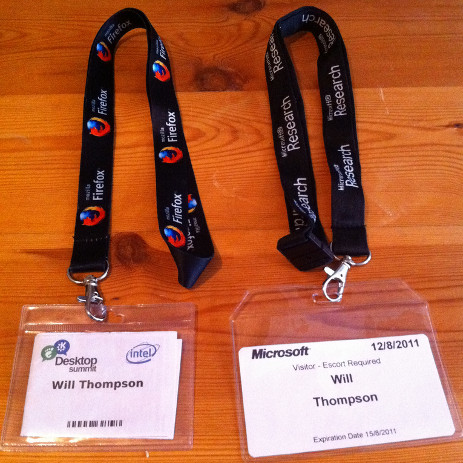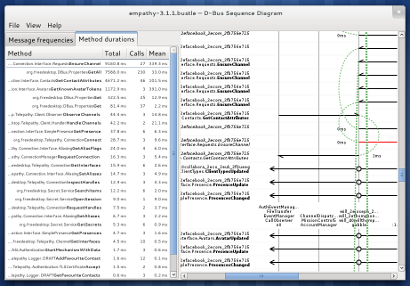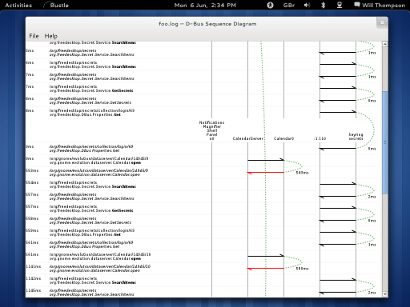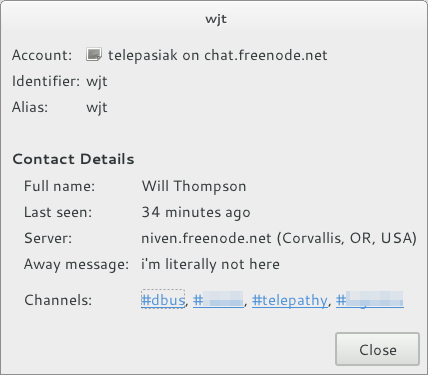I have been experimenting with using Yesod to throw together a web application or two. My experience so far has been broadly positive—if you like computers to check things for you, I recommend it. ((assuming you like deciphering compiler error messages when the computer says no, that is)) That said, watching the full chain of dependencies fly past was moderately entertaining: ((for a quiet Wednesday morning…))
- parsec-3.1.2
-
An excellent parser-combinator library, widely imitated. This wouldn’t be funny, except…
- attoparsec-0.10.1.0
-
Another excellent parser-combinator library, inspired by parsec.
- base-unicode-symbols-0.2.2.3
-
This defines a bunch of Unicode aliases for standard functions with boring ASCII names. Why write:
x `elem` xswhen you could write:
x ∈ xs
Invaluable!
- utf8-light-0.4.0.1 and utf8-string-0.3.7
-
Two UTF-8 encoding libraries!
- semigroups-0.8
-
“In mathematics, a semigroup is an algebraic structure consisting of a set together with an associative binary operation. A semigroup generalizes a monoid in that there might not exist an identity element. It also (originally) generalized a group (a monoid with all inverses) to a type where every element did not have to have an inverse, thus the name semigroup.”









